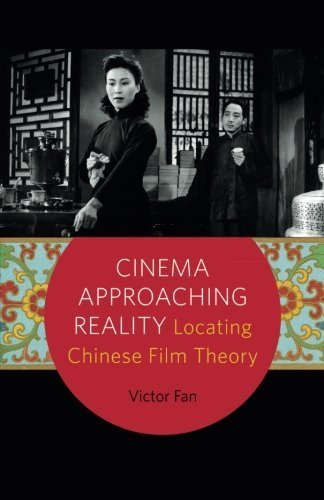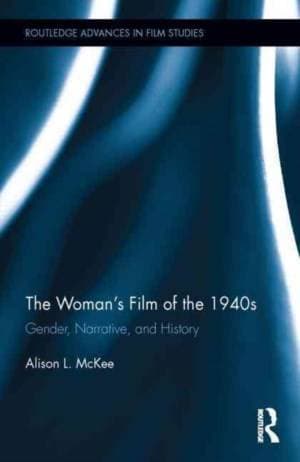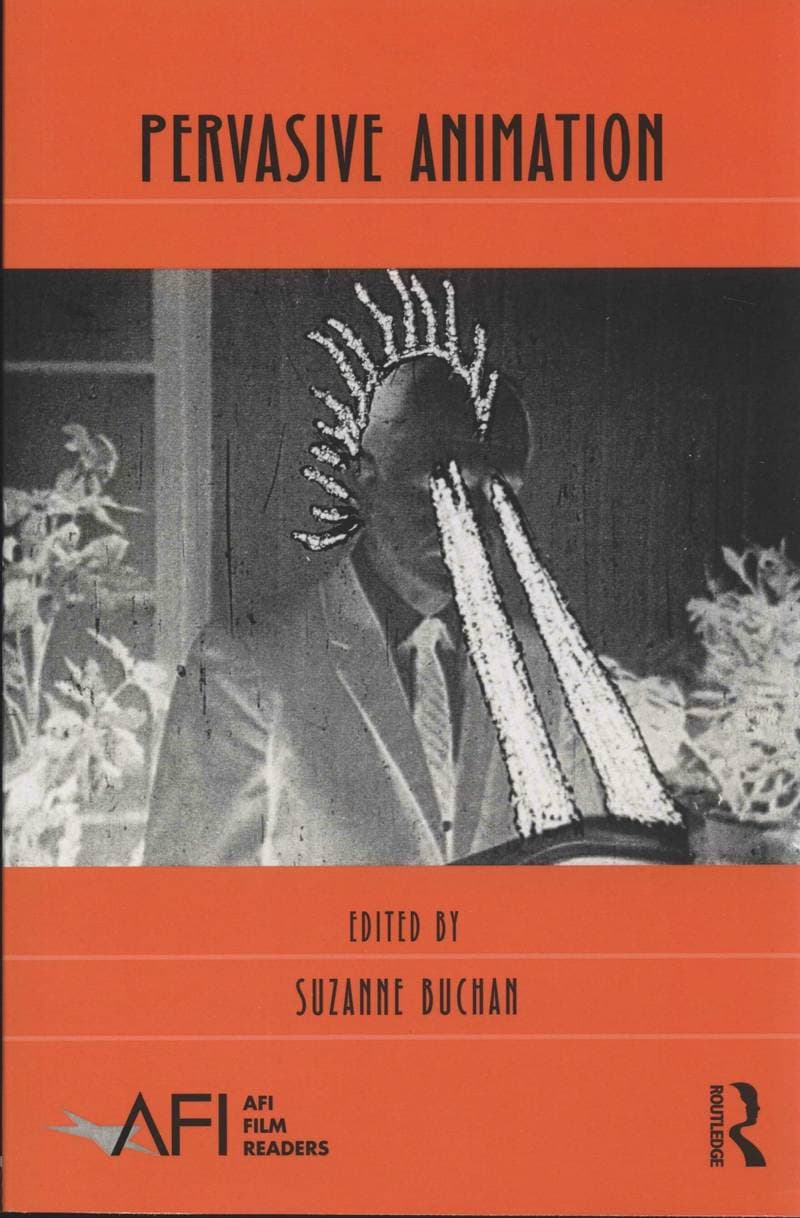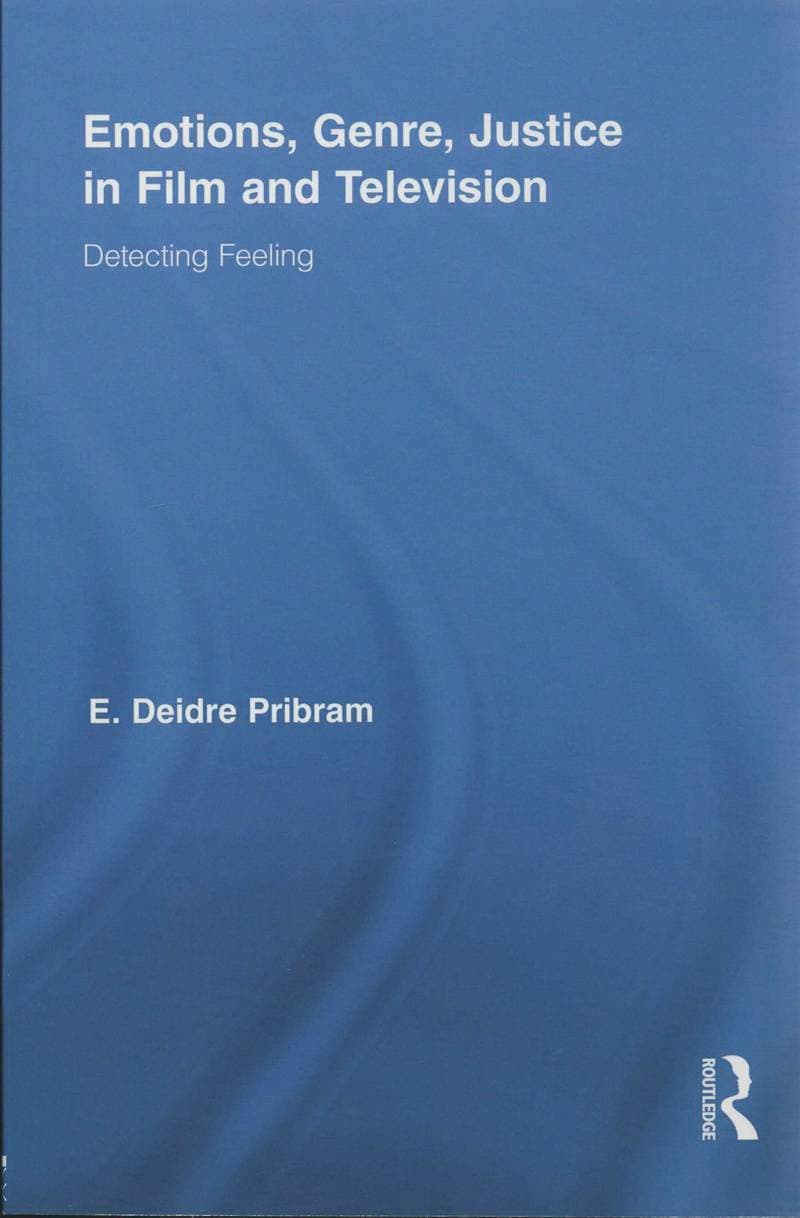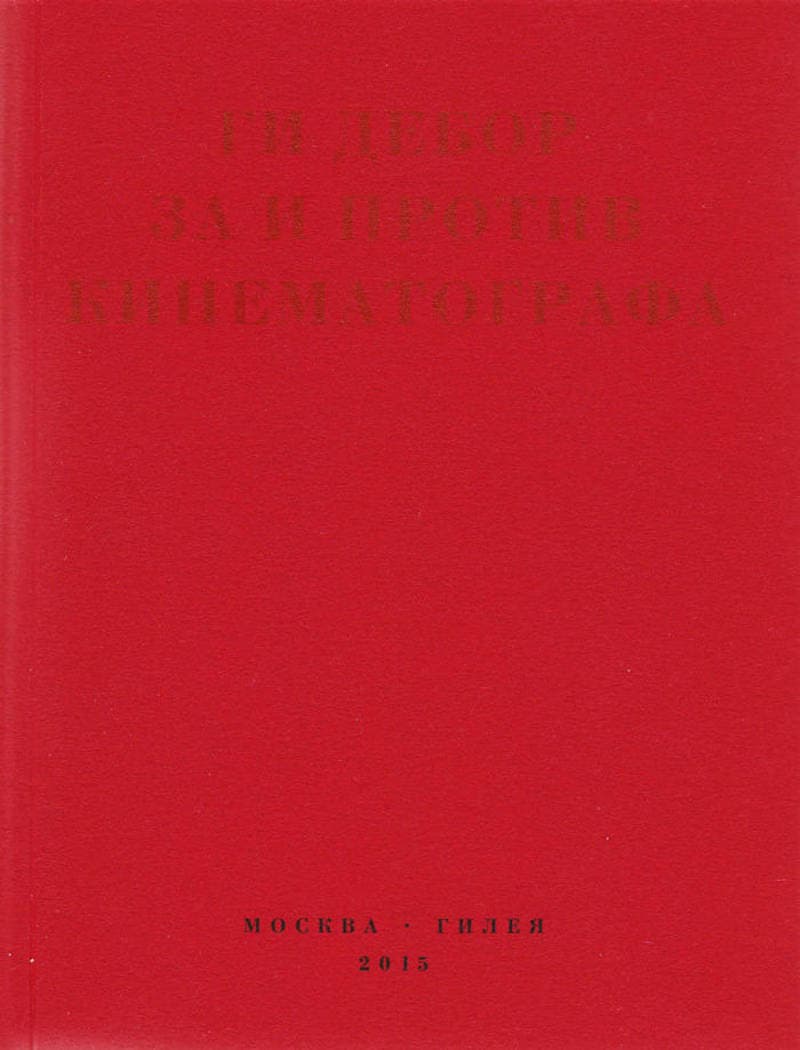Cinema Approaching Reality: Locating Chinese Film Theory
In Cinema Approaching Reality, Victor Fan brings together, for the first time, Chinese and Euro-American film theories and theorists to engage in critical debates about film in Shanghai and Hong Kong from the 1920s through 1940s. His point of departure is a term popularly employed by Chinese film critics during this period, bizhen, often translated as “lifelike” but best understood as “approaching reality.” What these Chinese theorists mean, in Fan’s reading, is that the cinematographic image is not a form of total reality, but it can allow spectators to apprehend an effect as though they had been there at the time when an event actually happened. Fan suggests that the phrase “approaching reality” can help to renegotiate an aporia (blind spot) that influential French film critic André Bazin wrestled with: the cinematographic image is a trace of reality, yet reality is absent in the cinematographic image, and the cinema makes present this absence as it reactivates the passage of time. Fan enriches Bazinian cinematic ontology with discussions on cinematic reality in Republican China and colonial Hong Kong, putting Western theorists-from Bazin and Kracauer to Baudrillard, Agamben, and Deleuze-into dialogue with their Chinese counterparts. The result is an eye-opening exploration of the potentialities in approaching cinema anew, especially in the photographic materiality following its digital turn.
Details
London
2015
278 pages
9780816693573
Available on request
Yes
Yes
791 Fan
1
- Marilyn: Her Life & Legend1990
- Woman's Film of the 1940s: Gender, Narrative, and History2014
- Труппа Её Величества2015
- Роман Поланский2021
- Moving Places: A Life at the Movies1995
- Киногид извращенца. Кино, философия, идеология2017
- Кассаветис2017
- Pervasive Animation2013
- Emotions, Genre, Justice in Film and Television: Detecting Feeling2011
- Знак F: Фантомас в книгах и на экране2007
- The James Bond Archives2015
- За и против кинематографа. Теория, критика, сценарии2015
